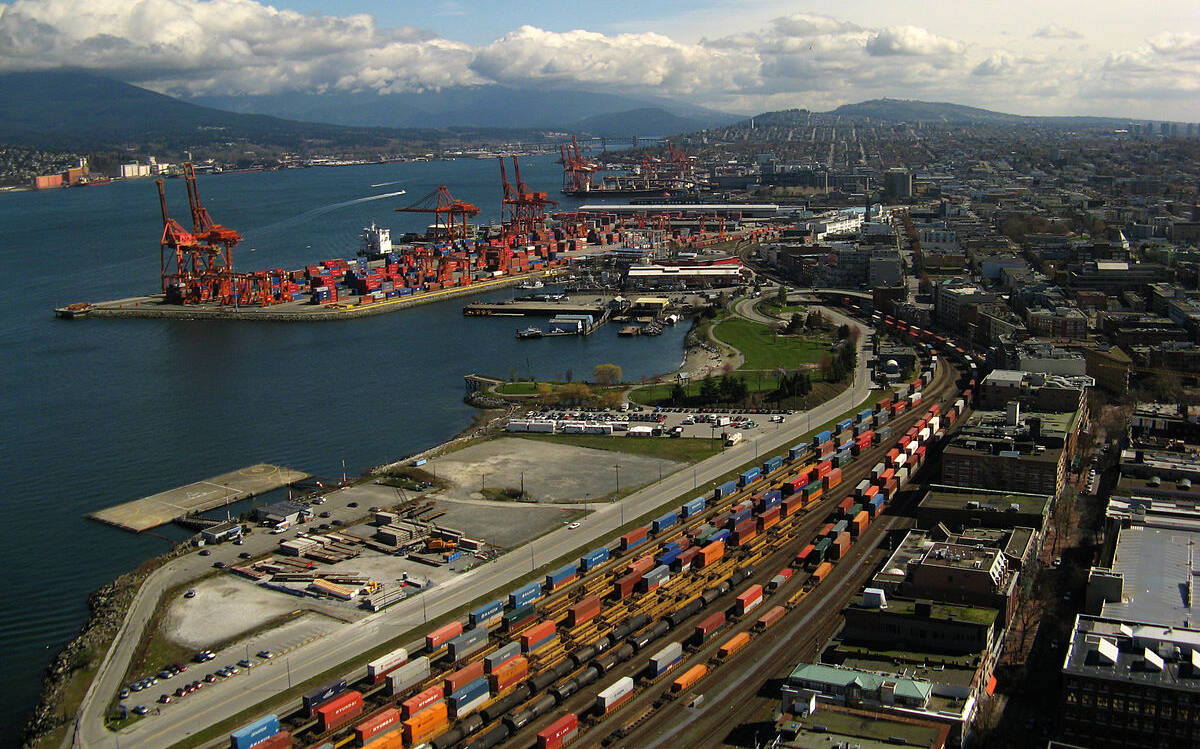Strikes End at B.C. Ports After Deal Reached, Auto Industry Relieved
A strike which had shut down ports along Canada's west coast, including the country's largest in Vancouver, has ended after 13 days of nationwide economic repercussions, negotiators announced Thursday, July 13.
More than 7,000 terminal cargo loaders and 49 waterfront employers in 30 ports went on strike July 1, after months of failed negotiations. Port automation, the rising cost of living and outsourcing were the key issues behind the collective action led by the International Longshore and Warehouse Union (ILWU) of Canada.
- Also: Honda Reaches Major Milestone with 10 Millionth Vehicle Built in Canada
- Also: First Batch of VinFast SUVs Finally Arrives in Canada
"Parties have reached a tentative agreement on a new 4-year deal," the ILWU and British Columbia Maritime Employers Association (BCMEA) said in a joint press release. "The tentative agreement is subject to ratification by both Parties, and subsequently, details of the agreement will not be released at this time," the statement added.
As the strike went on and its repercussions began to be felt across the economy, some industries, such as the automobile sector, called for federal intervention to resolve the crisis.
The strike disrupted an estimated $9.7 billion in trade, the Greater Vancouver Board of Trade estimated.
The west coast ports combined handled 16% of Canada's total traded goods in the year 2020, the BCMEA had said earlier. The Port of Vancouver alone handles some $305 billion worth of goods annually, and contributes $11.9 billion to the nation's annual output.
The strike is over.
— Seamus O'Regan Jr (@SeamusORegan) July 13, 2023
The BCMEA and the ILWU have accepted the Terms of Settlement from federal mediators. The parties have reached a tentative agreement.
Statement from Minister Alghabra & me: pic.twitter.com/bCzlQiGsZR
"Significant Disruption"
"The strike is over," hailed Labour Minister Seamus O'Reagan on Twitter. "The scale of the disruption has been significant," he said in a joint statement with Transport Minister Omar Alghabra.
Bridgitte Anderson, head of the Greater Vancouver Board of Trade, said "it will take some time for normal cargo operations to restore and for the economy to recover fully."
The announcement of the agreement was also welcomed by the Canadian Chamber of Commerce, whose president Perrin Beatty noted that "the Canadian economy was seriously damaged during these 13 days."
"This strike demonstrates that government must increase the tools available to ensure labor stability for our critical infrastructure and our supply chains," she added.







